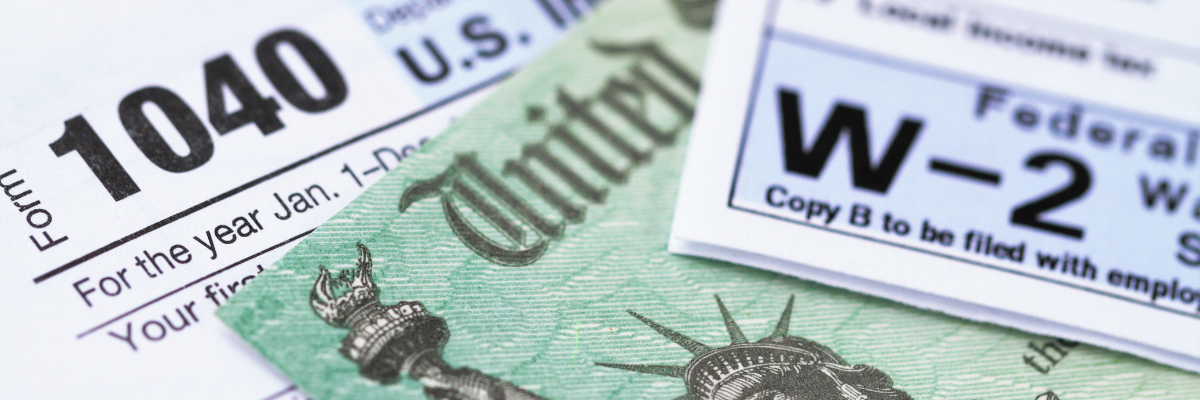
In a move welcomed by many employers in the hospitality and service industries, the U.S. Department of Labor (DOL) has officially reinstated the pre-2021 tip credit rule. This change, effective December 17, 2024, follows a recent court of appeals decision that vacated the “80/20/30” tip credit rule that had been implemented under the Trump administration. If you’re wondering what this means for your business, don’t worry—this update doesn’t require any immediate action on your part.
What Was the "80/20/30" Rule?
Before we dive into the implications of the DOL’s latest rule change, let’s quickly review the "80/20/30" rule. This rule, introduced in 2021, placed specific restrictions on how much time tipped employees (such as waitstaff and bartenders) could spend on non-tip-generating duties (e.g., cleaning, setting up, and other side work). The rule essentially required that tipped workers spend at least 80% of their work hours on tip-generating activities to continue qualifying for the tip credit.
Moreover, under the "80/20/30" rule, employers could no longer use the tip credit to offset wages for certain non-tip-producing activities, and they had to ensure that employees spent no more than 30 minutes at a time on side duties. This increased the burden on employers, as it required more careful tracking of employee duties and work hours to remain in compliance.
Why Was the Rule Vacated?
The court of appeals decision in August 2024 ruled that the "80/20/30" rule was too restrictive and inconsistent with the intent of the Fair Labor Standards Act (FLSA), which allows employers to take a tip credit for workers who perform both tipped and non-tipped duties. The court found that the new rule created unreasonable administrative burdens and restrictions that were not in line with past practices or legal precedents. In response to this ruling, the DOL moved quickly to restore the pre-2021 tip credit rule.
What Does the Reinstatement of the Pre-2021 Rule Mean for Employers?
With the reinstatement of the pre-2021 tip credit rule, the DOL has effectively simplified the way employers can apply the tip credit to their workers. Under the prior rule, employees who perform a combination of tipped and non-tipped duties can still qualify for the tip credit, as long as their primary job responsibility is related to tipped work.
Employers no longer have to track the precise breakdown of time spent on tip-generating vs. non-tip-generating activities in the same way. This returns to the more flexible guidelines where as long as tipped employees perform "related" duties (e.g., cleaning their station, setting up for service), they can still receive the tip credit for those hours, provided those activities don’t dominate their workday.
What Action Is Needed from Employers?
For most employers, this change will not require any immediate action, as the final rule effectively restores the pre-2021 approach. The main thing to note is that employers should continue to comply with the broader requirements of the Fair Labor Standards Act (FLSA) and ensure they are properly paying employees at least the federal minimum wage (including tips) when they apply the tip credit.
Here are a few things to keep in mind:
- Reassess Timekeeping Systems: While the rule change simplifies some aspects of record-keeping, employers still need to ensure they have a timekeeping system in place that accurately tracks the hours worked by tipped employees. It is essential to ensure that the wages (base pay plus tips) equal at least the federal minimum wage.
- No Need for Immediate Adjustments: If you were already applying the pre-2021 tip credit rule, no changes are necessary on your part. For those who had adjusted to the "80/20/30" rule, reverting back to the previous method should not require significant changes.
- State and Local Laws: Employers should still be mindful of any state or local laws that may have stricter requirements than federal law. Always check your state’s labor regulations to ensure full compliance.
Why Is This Change Important?
The reinstatement of the simplified tip credit rule provides relief to many employers, particularly in industries like restaurants, hotels, and other service-based businesses where tipping is common. The pre-2021 rule is seen as more employer-friendly, offering more flexibility in how tipped employees can spend their time without losing eligibility for the tip credit.
For employers, this means less administrative burden, reduced risk of compliance issues, and potentially fewer legal challenges. This shift is a step toward simplifying labor law compliance for businesses already struggling with the complexities of wage and hour rules.
Looking Ahead
As we move further into 2025, it’s important for employers to stay informed of any future changes in federal labor regulations. While this change restores a previous rule, the DOL’s stance on tip credits and wage issues can continue to evolve. Employers in tip-dependent industries should continue to monitor updates from the Department of Labor and legal rulings to ensure ongoing compliance.
The DOL’s restoration of the pre-2021 tip credit rule is a welcome change for many businesses, offering a return to simpler guidelines and less restrictive requirements. For most employers, no immediate action is required, but it’s always a good idea to review your practices to ensure they align with the updated rule.
If you need further assistance in navigating these changes, reach out to Simco to ensure your business stays compliant in 2025 and beyond.
Sign up for our newsletter.




